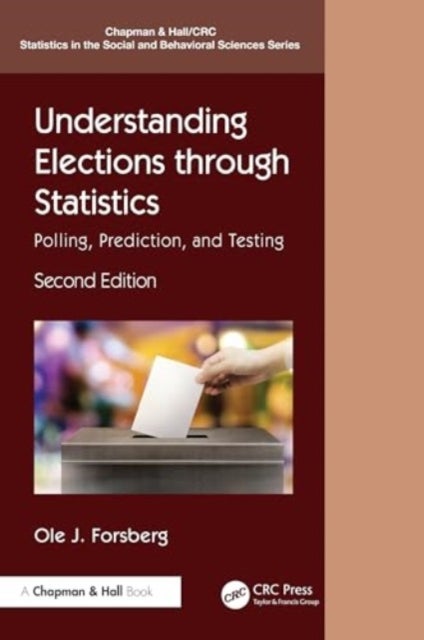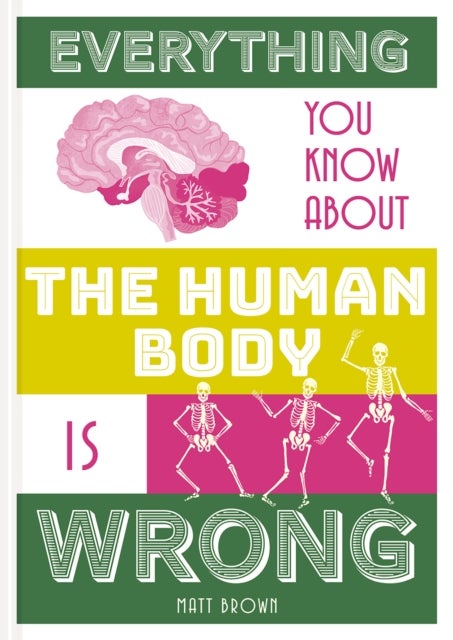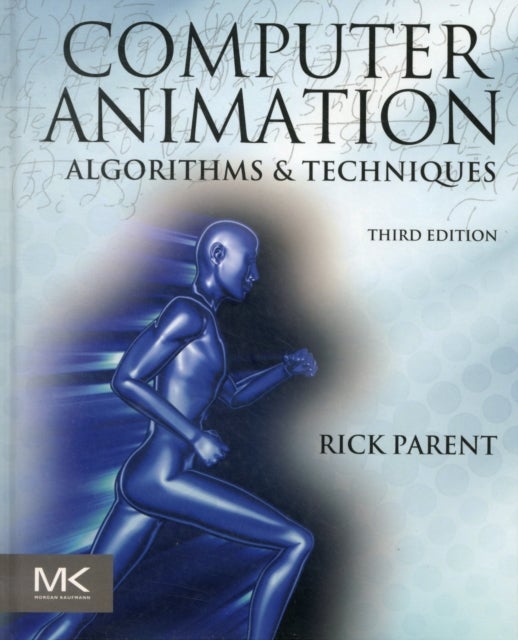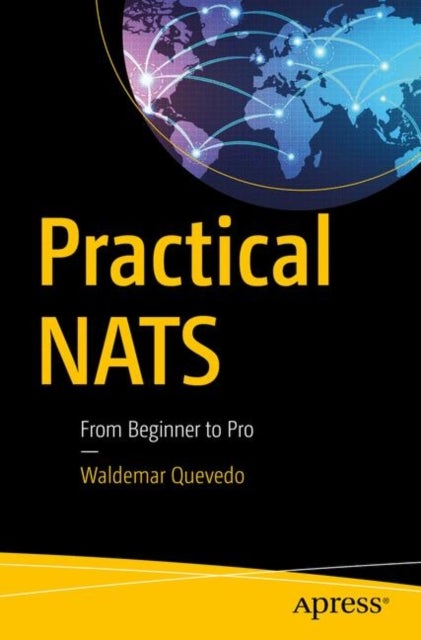
Understanding Elections through Statistics av Ole J. Forsberg
789,-
<p><b>Elections are random events.</b></p><p>From individuals deciding whether to vote, to individuals deciding who to vote for, to election authorities deciding what to count, the outcomes of competitive democratic elections are rarely known until election day¿ or beyond. <i>Understanding Elections </i>explores this random phenomenon from three primary points of view: predicting the election outcome using opinion polls, testing the election outcome using government-reported data, and exploring election data to better understand the people.</p><p>Written for those with only a brief introduction to statistics, this book takes you on a statistical journey from how polls are taken to how they can ¿ and should ¿ be used to estimate current popular opinion. Once an understanding of the election process is built, we turn towards testing elections for evidence of unfairness. While holding elections has become the <i>de facto</i> proof of government legitimacy, those electoral p








